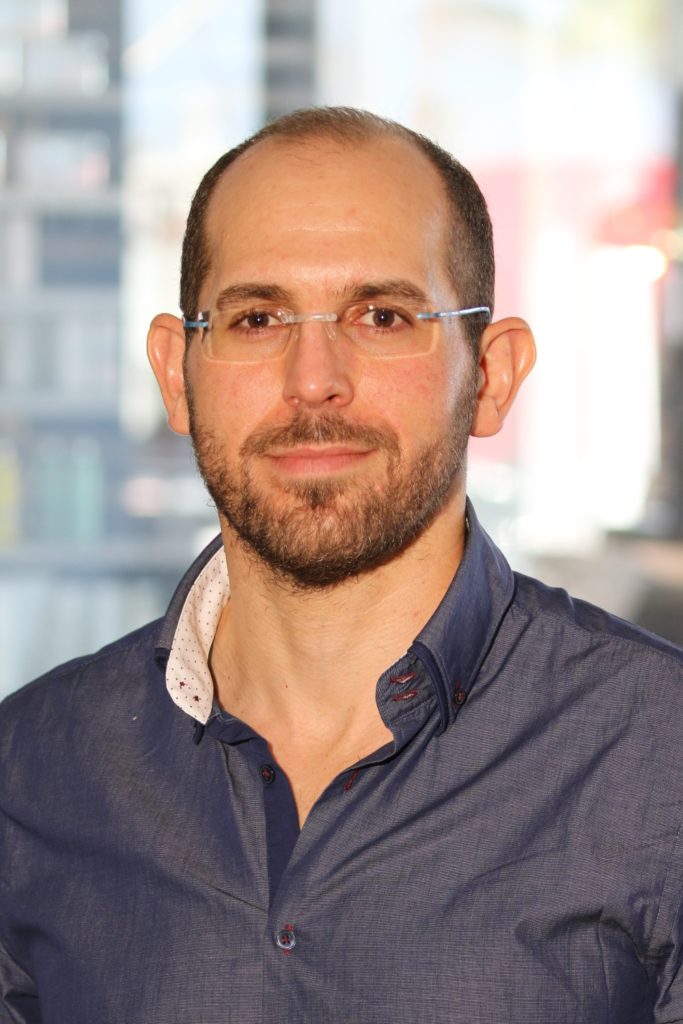With the rate of technology adoption continuing to accelerate, and Africa steadily producing a wave of technology giants, with Nigeria’s Flutterwave becoming Africa’s most recent tech Unicorn, now truly is an incredible time to support and invest in local, African Venture Capital (VC).
As the managing partner of an African focused VC investment manager, where we look to invest in opportunities that significantly outperform the traditional investment market, I am constantly comparing the VC opportunities that come past my desk with other investments which include a myriad of asset classes and sectors available both locally and abroad.
Doing this day in and day out, I can honestly say just how excited I am at the prospects coming out of the VC space in African markets which are truly world class opportunities with local and global potential.
At HAVAÍC, we focus on local African technology-based investments. A common question , “How can a Cape Town start-up compete with a start-up in Palo Alto, Singapore, London or Tel Aviv? Given the resources that those businesses have at their disposal, surely African startups can’t compete?” To which I reply, “They compete out of necessity; as necessity is the mother of invention.”
Taking a broad view into the near future; it seems unlikely that the greatest contributions to and innovations in biotech or space travel will emerge from Africa (although I would be thrilled to be proven wrong here). However, when it comes to finding commercial and innovative solutions to local challenges with global relevance, African founders are really paving the way, and proving not only that they can scale, but that they can also scale quickly, both locally and abroad.
As a VC investor we place great emphasis on supporting and investing in startups with commercial and globally relevant solutions, where the founders and their technology have a ‘right to play’, and their business provides real-world solutions that can scale seamlessly across the globe on the back of proprietary technology.
In developed economy cities and the tech hubs mentioned above, there is a significant supply of available capital for startups and entrepreneurs. The Softbank Vision Fund has a staggering $100 billion to invest into VC in these markets, and with many other multi-billion dollar VC funds in Silicon Valley and other cities, scarcity of financial resources is not a limiter on the path to success for start-ups in these geographies.
By contrast, in Africa, there is a shortage of affordable, appropriate, unrestricted and smart capital. This means only a few of the most promising businesses and entrepreneurs tend to be funded, and most businesses we assess and engage with have already placed the right emphasis on being financially viable from an early stage.
Out of sheer necessity, coupled with scarcity of funding, African founders need to self-fund and bootstrap for as long as possible. Because of this, we see the priorities and focus of founders in achieving a commercially successful business from the get-go. Through our early stage investing lens, the premise that the cream rises to the top certainly holds true.
On top of being commercially viable, HAVAÍC searches for startups with global scalability. When we look at a tech business, we ask the question, “What does this business have that a billion dollar, US headquartered, VC funded business does not have?”
But perhaps an even more interesting question is “Why would a multinational company contract with a startup from the bottom tip of Africa?” Here again, necessity becomes the mother of invention. Another question linked to this is, “What right does the startup have to compete?”
To best answer these questions, it’s worth turning our attention to some of the exciting high growth technology companies within the HAVAÍC portfolio, which collectively service close to half a million customers in over 180 countries across the globe.
When we first invested in AURA, now one of our more mature investments, the company only had one commercial contract. Today, they provide access to on-demand private security and emergency services through a Johannesburg developed technology platform, servicing local and international clients including global tech giants like Uber.
AURA’s solution was born out of the necessity of addressing high crime rates in South Africa – far more prevalent and invasive in our own environment than it is in the United States. South Africans, and in this instance the AURA founders we have backed, have innovated, experimented and succeeded in the global SecurityTech environment, and have undoubtedly earned their right to play.
This outcome should hardly come as a surprise, as the most innovative solutions in private and corporate security have always come out of places and situations that are most impacted by their unsafe environments and high incidences of crime.
A brilliant second example is hearX, a HealthTech platform developed in Pretoria, which is following on the uniquely South African health innovation precedent first set by Dr Christiaan Barnard in 1967 when he performed the world’s first successful heart transplant.
Together with the World Health Organisation hearX have used their proprietary, affordable, and accessible audiology technology to perform over 1 million hearing tests in over 80 countries across the globe. With limited access to audiology solutions in Africa, hearX is another prime example of innovation born out of necessity, which when coupled with technology, can scale both locally and internationally. This global scalability is evidenced by hearX’s landmark distribution agreement with Walgreens, a leading US pharmacy chain, to roll out their AI powered hearing aid solution Lexie, in 39 States in over 10,000 stores.
A third example within HAVAÍC’s portfolio and tying in to the “flutter” of investments in the Nigerian fintech space is Kuda, a digital bank built in a similar mold to leading international virtual banks such as Monza but catering perfectly to the youthful and tech savvy population of Nigeria that just so happens to have some of the highest mobile penetration rates in the world.
Kuda recently closed a $25 million Series A funding round led by New York-based VC Valar Ventures. With a large portion of Nigeria’s 200 million plus population not having access to traditional banking services. Like Kuda are crucial in the drive to create financial inclusion. This is a very appealing proposition for international investors. Coupled with scalable technology with smart money looking to enter into new high growth markets.
The same core principle applies to many other sectors in Africa. Where local challenges are so pervasive that innovators simply have no choice but to tackle them head-on. Out of necessity become subject matter experts.
Examples where innovative African founded solutions can successfully arise are in support services for public and private healthcare, financial services for underbanked communities, delivery and digital communication services where population growth outstrips infrastructure growth, to name just a few. These solutions, borne out of necessity, create efficiencies, new products and opportunities that can be applied and used in both developing and developed markets.
It is clear that Africa has scalable products that can grow both locally and abroad, as long as they are underpinned by
commercially viable business models, have been nurtured, tested and grown in Africa with a global mindset, and importantly the founders are experts in their field. All this in combination with scalable and cutting-edge proprietary
technology, gives them the ‘right-to-play’ and the potential to scale domestically and internationally.
In a world where investors are spoilt for choice and can invest anywhere. Unlocking the potential of VC as an investment class in Africa offers investors the opportunity not only to invest in real-world businesses solving real-world challenges, but to invest in a sector that offers undeniable growth prospects.
Importantly, at HAVAÍC, we invest into local African teams; in businesses that have local expenses that are often significantly less than in developed markets; that are either invoicing in ‘dollars’ or have the potential to attract interest from foreign investors and trade buyers looking to gain new market share and products.
Access to this is possible without having to journey across the globe in search of the next big thing. While it is already right here on our doorstep. The solid organising principle of innovating out of necessity is why the continent is well-placed to continue producing more and more tech enabled Unicorns in the years to come, and why we at HAVAÍC are so excited to be supporting and investing in Africa’s immense local and global potential.



